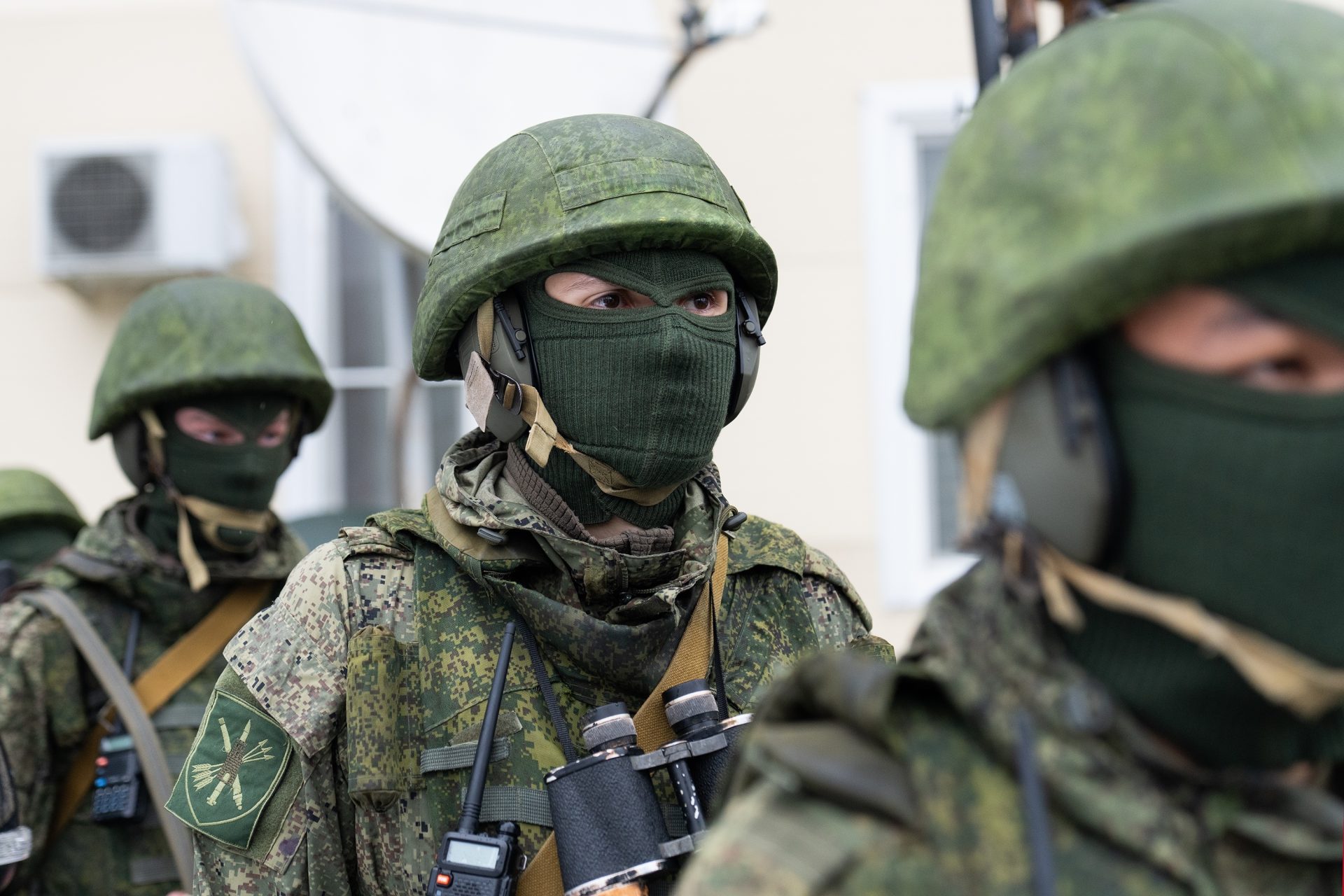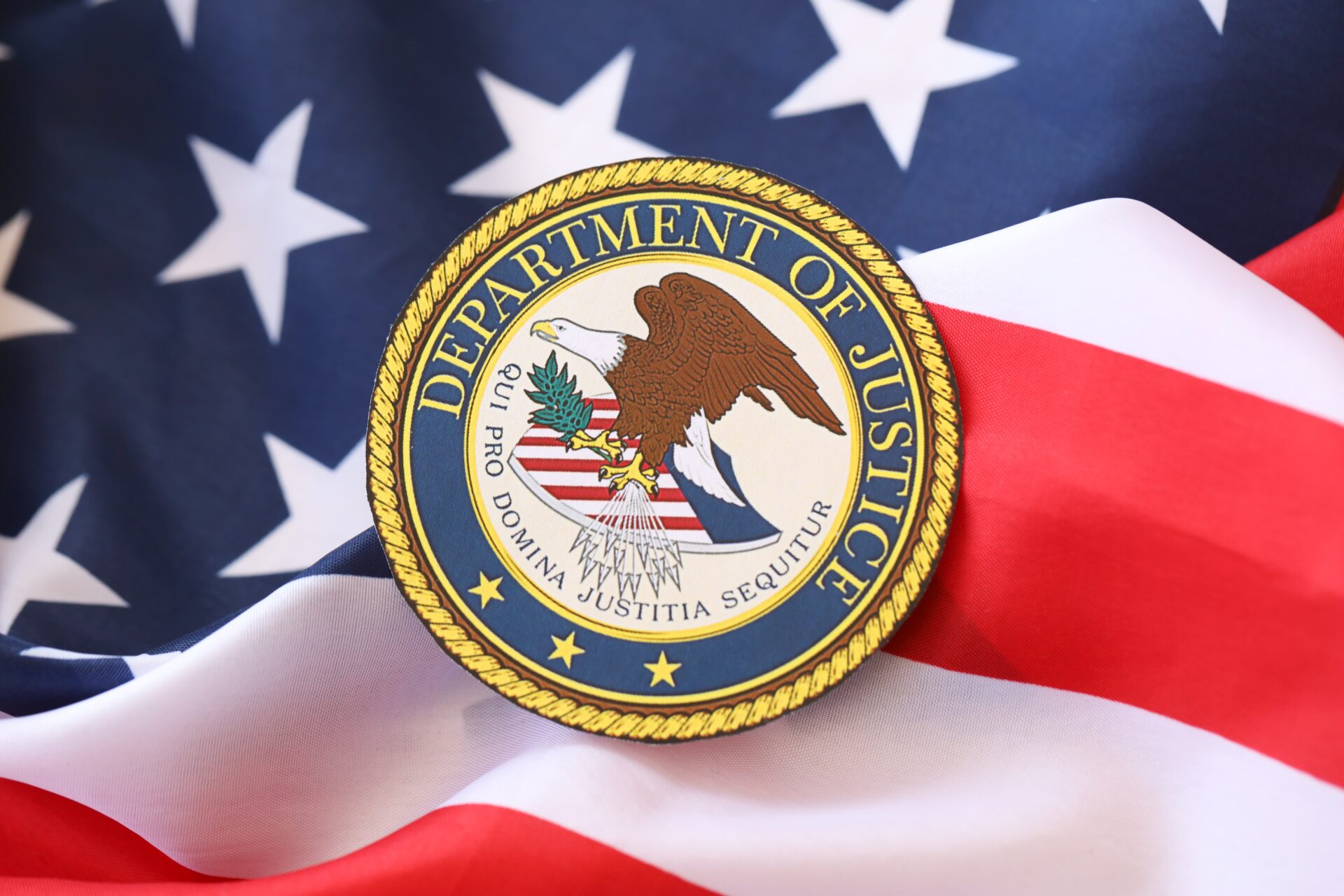
Russian Spies EXPOSED—West Strikes Back!
GRU cyber operatives and their commanders are now sanctioned by the UK after years of covert attacks, raising the stakes and reshaping Western defense.
At a Glance
- The UK sanctioned 18 GRU intelligence officers and three military units for cyber-espionage, sabotage, and disinformation campaigns.
- GRU Units 26165, 29155, and 74455 are linked to attacks on infrastructure, election interference, and the Mariupol theatre bombing.
- New malware, dubbed “Authentic Antics,” was deployed by the APT28 hacking group to steal Microsoft credentials globally.
- Russian operatives allegedly planted spyware on Yulia Skripal’s device years before the Novichok poisoning.
- Sanctions also target figures behind disinformation in Africa aimed at destabilizing public health responses.
The Shadow Campaign
For years, Russian military intelligence—the GRU—has been waging a shadow war across digital and physical arenas. The UK government’s latest sanctions unveil the operatives behind Units 26165, 29155, and 74455, all deeply implicated in high-stakes sabotage. Unit 26165, long associated with the APT28 hacking group, is notorious for election meddling in the United States and France. Meanwhile, Unit 29155 has a reputation for kinetic operations, including an alleged telecom blackout, while Unit 74455 has been linked to the disruption of global events like the Paris Olympics.
The National Cyber Security Centre has identified “Authentic Antics,” a sophisticated malware used by APT28, designed to mimic login portals and extract sensitive Microsoft account credentials. This alarming capability underpins a broader Russian strategy to compromise critical infrastructure and political institutions across the West.
Watch a report: UK Sanctions Russian GRU Spies Over Cyberattacks and Skripal Poisoning (YouTube)
Why It Matters
This decisive move marks a strategic shift in Western responses to hybrid warfare. By directly sanctioning individuals rather than merely state apparatus, the UK signals a new level of accountability. Foreign Secretary David Lammy emphasized the need to confront threats both seen and unseen, underscoring the UK’s resolve to defend its democratic infrastructure.
The sanctions coincide with a broader EU-UK initiative tightening the noose around Russia’s energy, financial, and intelligence networks. This coordinated campaign reflects mounting frustration with Moscow’s relentless aggression—from cyberattacks to disinformation efforts in Africa aimed at destabilizing public health initiatives. The individuals sanctioned are also accused of early espionage against the Skripal family, preceding the infamous Salisbury poisoning by five years.
The Long Game Ahead
Yet questions remain about the sanctions’ potency. While asset freezes and travel bans isolate named operatives, the true measure of success will be in how these constraints hinder GRU operations and alter Russian calculus. Russia has predictably dismissed the allegations, branding them as politically motivated fabrications.
Nonetheless, the stakes continue to rise. The UK has committed to ramping up both military defenses and cyber resilience, seeking to fortify not just networks but the democratic processes themselves. As GRU malware evolves and new threats emerge, the battlefront of modern warfare remains as much in the server rooms as on the streets.
These developments send an unmistakable message: espionage and sabotage no longer exist in legal gray zones. Intelligence officers can, and will, face direct consequences for acts of clandestine warfare. Whether this deters future incursions or merely forces adversaries to adapt remains the pressing question for global security.


